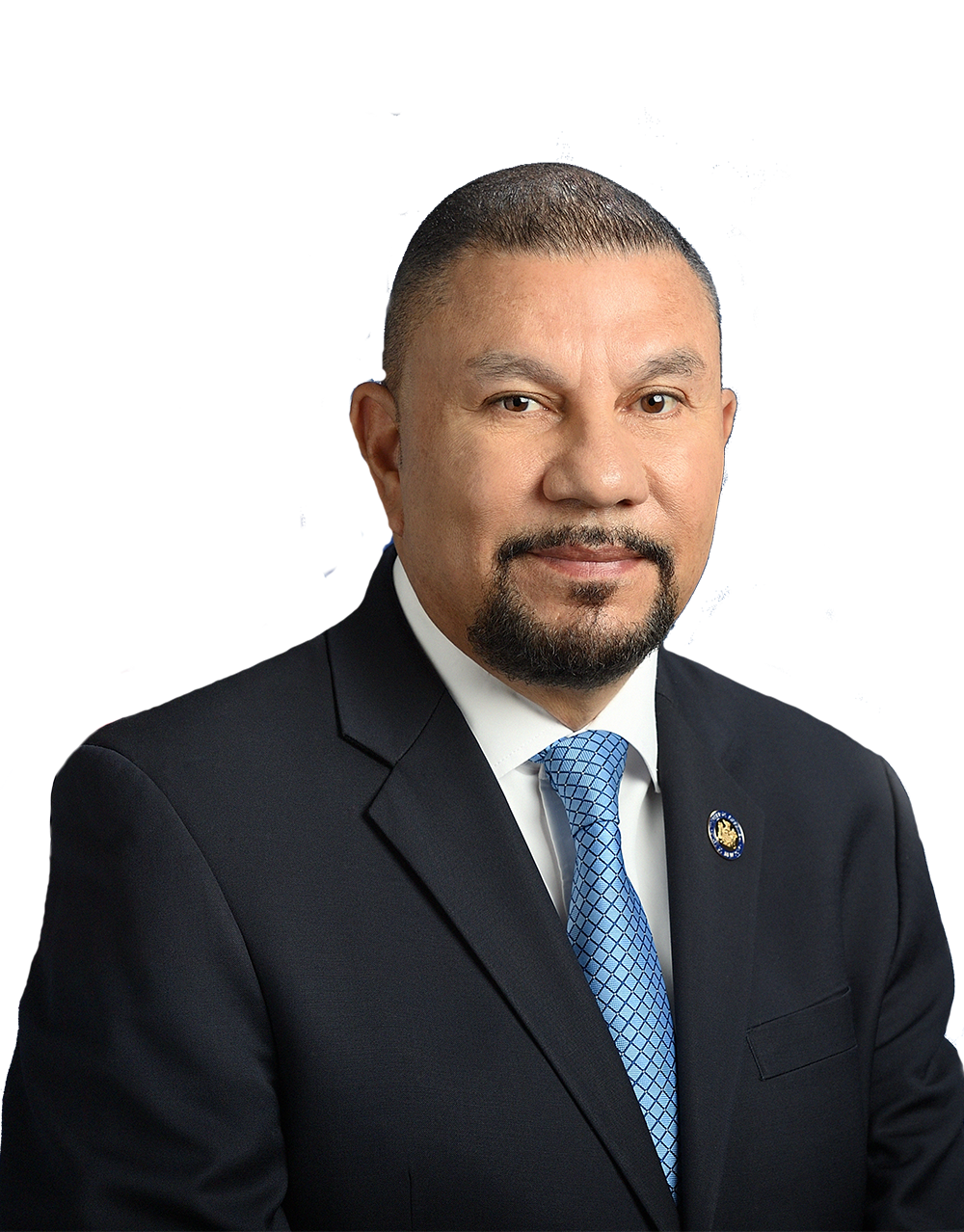Ramos: Assembly Passes Legislation Toughening Human Trafficking Penalties, Helping Victims
On Tuesday, the state Assembly passed legislation sponsored by Assemblyman Phil Ramos (D-Central Islip) cracking down on human trafficking and providing services to victims. The bill, A.8679, has the support of both the state Senate and Governor Spitzer.
Human trafficking occurs when people are brought across borders and subjected to ongoing sexual exploitation or forced labor through coercion or threats. Often, women and children are the victims. Physical force, false promises of job opportunities or marriages, and drugs are among the tactics used to keep victims in oppressive conditions. “This is the 21st century’s version of slavery,” said Ramos, “and offenders deserve the harsh penalties we’re creating for them with this legislation. We’ve also included provisions to aid the victims as well, in order to help them return to a normal life.”
Reports from the U.S. State Department estimate that between 600,000 and 800,000 people are enslaved by human trafficking worldwide. According to the United Nations Office on Drugs and Crime, “A recent CIA report estimated that between 45,000 to 50,000 women and children are brought to the United States every year under false pretenses and are forced to work as prostitutes, abused labourers or servants.”
“Only recently, right on Long Island, two Indonesian women were freed from the web of human trafficking after being abused and enslaved by a couple in Muttontown,” said Ramos. “As scary and unbelievable as it seems, this is a real problem that requires our immediate attention. While the Assembly and I have pushed for these common-sense punishments for a while now, we finally have the Senate on board, as well as a Governor who’ll take action.”
Cracking down on human trafficking
The Assembly passed the Anti-Human Trafficking Act of 2006 last year, but the Senate stalled on it. This year’s bipartisan agreement would create new crimes and increases penalties to help deter human trafficking, including:
- Creating a new class B felony, “sex trafficking,” which imposes a mandatory prison sentence for perpetrators who profit from prostitution by engaging in sex trafficking;
- Adding a new class D felony, “labor trafficking,” to the penal code, with a penalty of up to 7 years in prison;
- Making it illegal for travel-related businesses to facilitate the patronizing of prostitution, regardless of whether it’s legal in foreign jurisdictions;
- Adding sex and labor trafficking to the eavesdropping statute;
- Putting those convicted of sex trafficking on the sex offender registry; and
- Increasing the penalty of “patronizing a prostitute” from a class B misdemeanor to a class A misdemeanor.
Providing needed services for victims
Human trafficking victims are often left helpless even after their captors have been discovered and put out of business by authorities. The legislation passed Tuesday helps victims by:
- Directing the state Office of Temporary and Disability Assistance to coordinate the provision of services to human trafficking victims, including temporary housing, health and mental health treatment and drug addiction treatment;
- Ensuring that human trafficking victims are eligible for services from the Crime Victims Board; and
- Creating an interagency task force to report on the extent of trafficking and to make recommendations on improvements in the state’s response.
“Quite frankly, it’s a shame that we haven’t had this sort of law in place before now,” said Ramos. “Long Islanders were shocked to learn that this shameful practice was happening right in our backyards – and who knows where it ends? We can’t afford to wait any longer. It is my belief that with these provisions in the law, we’ll have the needed services available to victims, and tough penalties on the books to punish offenders.”
